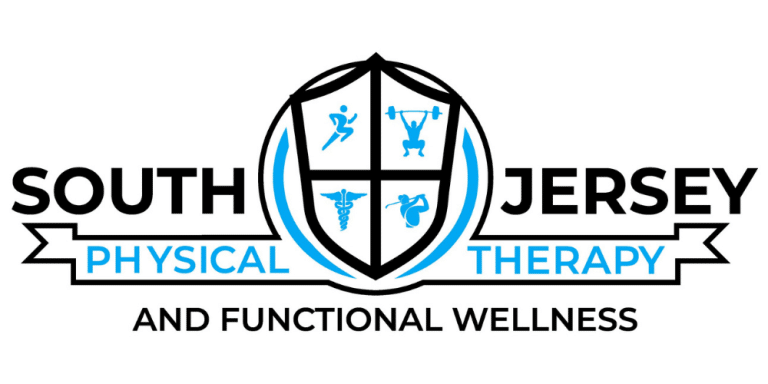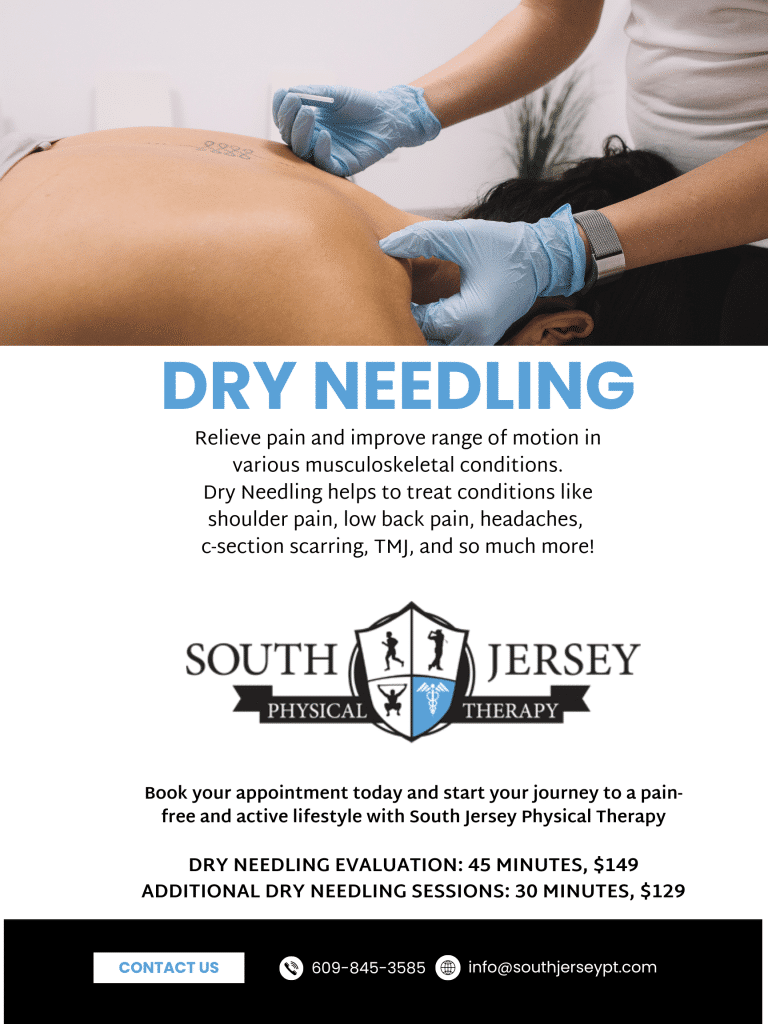Dr. Ken Cheng was born in the Bronx, New York, but moved to South Jersey when he was six years old, so he considers himself a very proud South Jerseyan. Having lived in multiple towns: Lindenwold, Gibbsboro, Voorhees, and now currently in Marlton, NJ, he know this area very well.
Growing up, Ken was a very active child, always fascinated with movement and played every sport imaginable. With his parents owning Chinese restaurants, whenever he could get away to play he would. At the same time, he had family responsibilities – working long hours in the restaurant – which taught Ken the value of a strong work ethic at a young age.
As he grew older, he knew he wanted to become a physical therapist, partly because he had his own struggles with chronic low back and neck pain at a young age. But what truly pushed him into the profession was discovering a serious defect with his heart. Ken had always been told he had a small heart murmur, that he would supposedly outgrow, but was unaware of how dangerous it had become. He underwent open heart surgery to close a dime-sized hole between the two upper chambers of his heart. If it wasn’t closed, he would have faced heart failure by the time he was 50.
Despite this surgery, Ken grew frustrated, seeing doctor after doctor – orthopedists, cardiologists – and asking why he was still having so many issues when his heart was “fixed.” So, he went to physical therapy school determined to learn everything he could about healing himself. He figured if he was experiencing this, then others who had gone through even minor surgeries must also be feeling this way.
He was always an active and healthy individual, and now he found himself frustrated with the healthcare system, unable to find answers. In his doctoral program, he worked hard, aiming to be the best. He graduated at the top of his class, was awarded and inducted into the Alpha Eta Society for Clinical Excellence. He shadowed multiple top surgeons and saw what patients were going through – many were just like him, dealing with chronic issues for years and not finding real answers. What he quickly realized was that the people who seemed to “get fixed” by getting injections or taking pain medications were only experiencing short-term relief. These treatments were just temporary band-aids, with no other options besides surgery presented to them.
Ken then decided to open his own practice, with an emphasis on natural alternatives to painkillers, injections, and needless surgeries.

